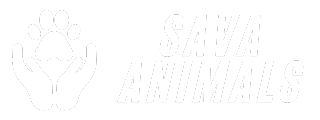Nutritional Needs of Large Dogs in Every Life Stage: A Complete Guide helps you understand how to feed your big furry friend. Large dogs have unique nutritional requirements that change as they grow.
Whether you have a puppy, an adult, or a senior dog, knowing what they need is essential. This guide will walk you through the key nutrients, tips on choosing the right dog food, and how to deal with common dietary issues.
You’ll be ready to keep your large dog healthy and happy!
Understanding Nutritional Needs of Large Dogs
Key Nutrients for Large Breeds
When it comes to feeding your large dog, understanding key nutrients is crucial. Large breeds have specific needs that differ from smaller dogs.
Here are some nutrients you should focus on:
- Proteins: Essential for muscle development and repair.
- Fats: Provide energy and support healthy skin and coat.
- Carbohydrates: Fuel your dog’s daily activities.
- Fiber: Aids in digestion and keeps your dog feeling full.
Importance of a Balanced Diet
A balanced diet is vital for your large dog’s health. This means including the right amounts of proteins, fats, carbohydrates, vitamins, and minerals in their meals.
A balanced diet helps maintain a healthy weight, supports growth, and prevents diseases. If you feed your dog the right mix, you’ll see them thrive!
Essential Vitamins and Minerals for Large Dogs
Large dogs need specific vitamins and minerals to stay healthy. Here’s a handy table to guide you:
| Vitamin/Mineral | Benefits | Sources |
|---|---|---|
| Calcium | Supports bone health | Dairy, leafy greens |
| Omega-3 Fatty Acids | Promotes a healthy coat and skin | Fish oil, flaxseed |
| Vitamin E | Acts as an antioxidant | Nuts, seeds, spinach |
| Zinc | Aids in immune function | Meat, eggs, whole grains |
By ensuring your large dog gets these essential nutrients, you’ll be setting them up for a long and happy life.
Feeding Guidelines for Large Dogs
Portion Control for Big Dogs
When it comes to feeding your large dog, portion control is key. These dogs often have hearty appetites, but giving them too much food can lead to health issues like obesity.
To keep your furry friend fit, follow these simple steps:
- Know Their Weight: Weigh your dog regularly to understand their ideal weight range.
- Check Food Guidelines: Most dog food packages provide feeding guidelines based on your dog’s weight. Use this as a starting point.
- Adjust Portions: If your dog is gaining weight, reduce their portions slightly. If they’re losing weight, increase them a bit.
- Use Measuring Tools: Invest in a measuring cup or scale to ensure accuracy.
Here’s a quick reference table to help you determine portions based on weight:
| Dog Weight (lbs) | Daily Food (cups) |
|---|---|
| 50 | 2.5 |
| 75 | 3.5 |
| 100 | 4.5 |
Choosing the Right Dog Food
Selecting the right dog food is crucial for your large dog’s health. You want to provide them with a balanced diet that meets their specific needs.
Here are some tips to guide you:
- Look for High-Quality Ingredients: Choose foods with real meat as the first ingredient. Avoid fillers like corn and soy.
- Consider Life Stage: Puppies, adults, and seniors have different nutritional needs. Make sure the food matches your dog’s age.
- Check for Nutritional Balance: A good dog food should have a mix of protein, fats, and carbohydrates.
Reading Dog Food Labels Effectively
Understanding dog food labels can feel overwhelming, but it’s essential for making informed choices. Here’s how to decode them:
- Ingredient List: Ingredients are listed in order by weight. The first few should be high-quality proteins.
- Guaranteed Analysis: This section shows the minimum percentages of protein and fat. Look for at least 20% protein for large dogs.
- Nutritional Adequacy Statement: This tells you if the food meets AAFCO standards for your dog’s life stage.
By keeping these guidelines in mind, you can better meet the nutritional needs of large dogs in every life stage.
Nutritional Needs of Large Dogs in Every Life Stage
Puppy Nutrition for Large Breeds
When you bring home a puppy, especially a large breed, you step into a world full of joy and responsibility.
Their nutrition is crucial for their growth and development. Large breed puppies grow rapidly, and their diet needs to support that.
Key Points for Puppy Nutrition:
- High-Quality Protein: Look for puppy food that lists meat as the first ingredient. This helps build strong muscles.
- Balanced Calcium Levels: Too much calcium can lead to bone problems. Aim for a food with the right balance for large breeds.
- Frequent Small Meals: Instead of one or two big meals, feed your puppy 3-4 smaller meals a day. This helps with digestion and keeps energy levels stable.
Adult Dog Dietary Requirements
Once your pup becomes an adult, their diet will change. Adult large dogs need a balanced diet to maintain their health and energy levels.
Essential Nutritional Needs:
- Moderate Protein: Adult dogs still need protein, but not as much as puppies. Look for food with 18-25% protein.
- Healthy Fats: Omega-3 and Omega-6 fatty acids are important for coat and skin health.
- Fiber for Digestion: Include fiber to help with digestion. It can come from vegetables or grains in their food.
Senior Dog Nutrition Considerations
As your dog ages, their nutritional needs will shift once again. Senior dogs often face different health challenges, so it’s important to adjust their diet accordingly.
Considerations for Senior Dogs:
- Lower Calories: Older dogs may be less active, so their calorie intake should decrease to prevent weight gain.
- Joint Health: Look for food that contains glucosamine and chondroitin to support joint health.
- Easier to Digest: Choose food that is easier on their stomachs. This may mean softer kibble or wet food.
| Life Stage | Protein % | Fat % | Fiber % | Special Considerations |
|---|---|---|---|---|
| Puppy | 22-32% | 8-20% | 2-5% | Balanced calcium levels |
| Adult | 18-25% | 8-15% | 2-5% | Moderate calorie intake |
| Senior | 18-25% | 8-15% | 4-6% | Joint health support |
Common Dietary Issues in Large Dogs
Identifying Food Allergies
When it comes to your large dog, food allergies can be tricky to spot. Watch for signs like itchy skin, ear infections, or upset stomachs. If you notice these symptoms, it might be time to change their diet.
A good starting point is to keep a food diary. Write down what your dog eats and any symptoms they show. This can help you and your vet pinpoint the problem.
Managing Weight in Large Breeds
Keeping your large dog at a healthy weight is crucial. Obesity can lead to serious health issues like joint problems and heart disease. Here are some tips to help manage their weight:
- Measure Food: Use a measuring cup to give the right amount of food.
- Regular Exercise: Daily walks and playtime are important.
- Healthy Treats: Choose low-calorie treats or fruits like apples and carrots.
| Activity | Duration | Frequency |
|---|---|---|
| Daily Walk | 30 minutes | 1-2 times/day |
| Playtime | 20 minutes | 3-4 times/week |
Solutions for Common Digestive Problems
Large dogs can face various digestive issues. Here are some common problems and solutions:
- Bloating: This is serious! Feed smaller meals more often to help.
- Diarrhea: If your dog has diarrhea, try a bland diet of rice and boiled chicken for a few days.
- Constipation: Increase fiber in their diet with pumpkin or green beans.
By knowing these common issues, you can take steps to keep your large dog healthy and happy.
The Role of Protein in Large Dog Health
Understanding Protein Needs for Large Dogs
When it comes to the health of large dogs, protein plays a crucial role. Large breeds, like Great Danes and Mastiffs, need more protein than smaller dogs.
This is because they have bigger muscles and higher energy levels.
As a general rule, your large dog should get about 18-25% of their daily calories from protein. This helps them grow strong and stay healthy.
Best Protein Sources for Big Breeds
Finding the right protein sources is key to keeping your large dog happy and healthy. Here are some of the best options:
- Chicken: A great source of protein that many dogs love.
- Beef: Packed with iron and protein.
- Fish: Provides omega-3 fatty acids, which are good for skin and coat health.
- Eggs: Full of protein and easy to mix into their food.
- Lamb: Good for dogs with food sensitivities.
| Protein Source | Protein Content (per 100g) |
|---|---|
| Chicken | 31g |
| Beef | 26g |
| Fish | 20g |
| Eggs | 13g |
| Lamb | 25g |
Balancing Protein with Other Nutrients
While protein is important, it’s also essential to balance it with other nutrients.
Large dogs need fats, carbohydrates, vitamins, and minerals to stay healthy. Here’s how to balance their diet:
- Fats: Provide energy and help absorb vitamins.
- Carbohydrates: Offer quick energy and aid digestion.
- Vitamins and Minerals: Support overall health and immune function.
A balanced diet might look like this:
- 25% Protein
- 15% Fats
- 50% Carbohydrates
- 10% Vitamins and Minerals
This balance helps your large dog thrive and stay active.
Supplements for Large Dog Nutrition
When to Consider Supplements
You might wonder when it’s the right time to think about supplements for your large dog. Here are a few situations where they can be beneficial:
- Puppies: If your large breed puppy isn’t gaining weight or growing as expected, supplements can help.
- Active Dogs: High-energy dogs may need extra nutrients to keep their energy levels up.
- Senior Dogs: Older dogs often require additional support for their joints and overall health.
- Dietary Restrictions: If your dog has allergies or sensitivities, supplements can fill in any nutritional gaps.
Popular Supplements for Large Breeds
When it comes to large dogs, certain supplements stand out. Here’s a handy table to guide you:
| Supplement | Purpose |
|---|---|
| Glucosamine | Supports joint health and mobility |
| Omega-3 Fatty Acids | Promotes a healthy coat and skin |
| Probiotics | Aids digestion and gut health |
| Multivitamins | Provides overall nutritional balance |
These supplements can help your dog thrive at any stage of life.
Safety and Efficacy of Dog Supplements
Before adding supplements to your dog’s diet, it’s crucial to check their safety and effectiveness. Here are a few tips:
- Consult Your Vet: Always talk to your veterinarian before starting any new supplement. They can recommend what’s best for your dog’s specific needs.
- Choose Quality Brands: Look for supplements that are made by reputable companies. Check for third-party testing to ensure safety.
- Monitor Your Dog: After introducing a supplement, keep an eye on your dog for any changes in behavior or health.

